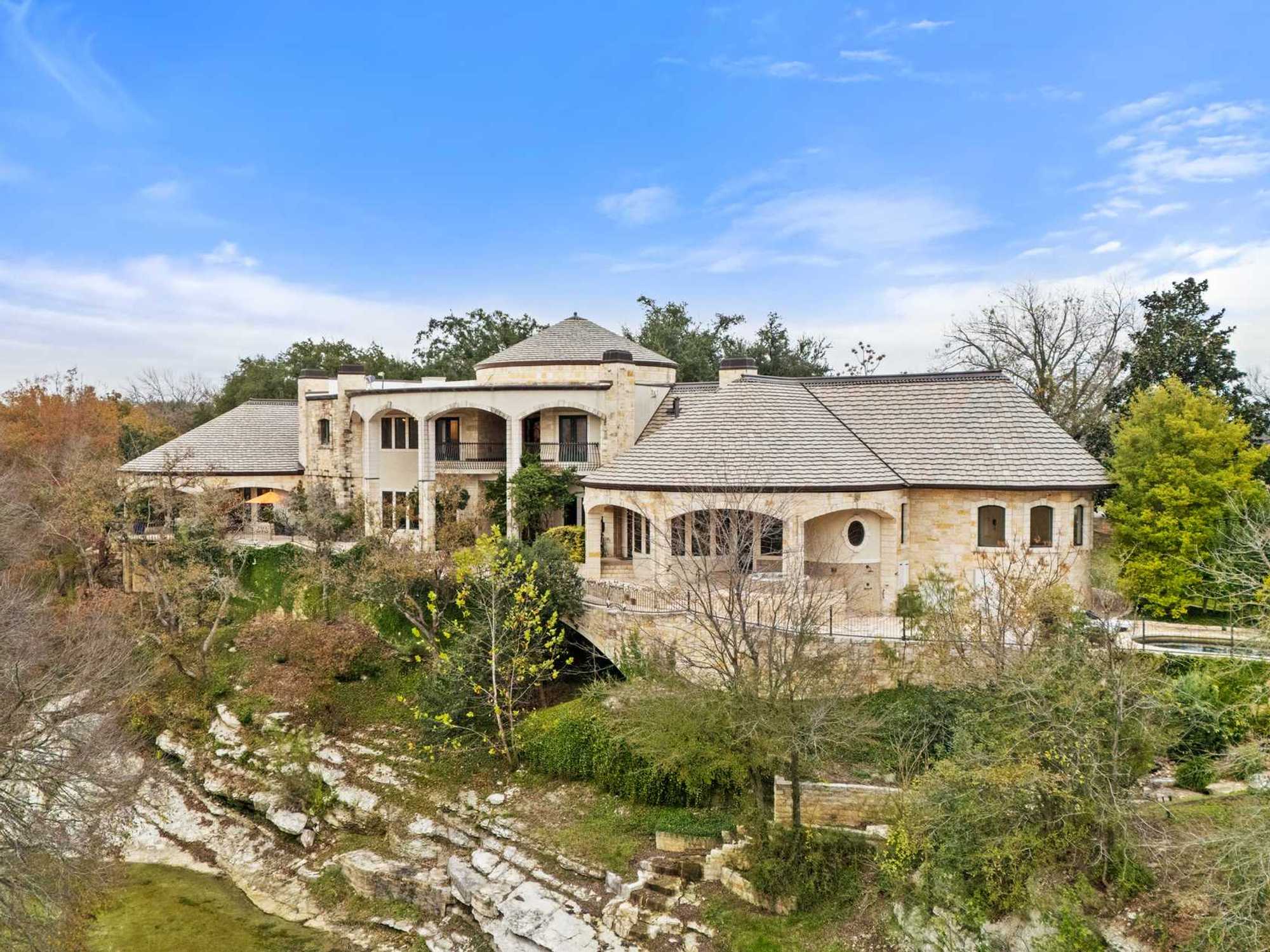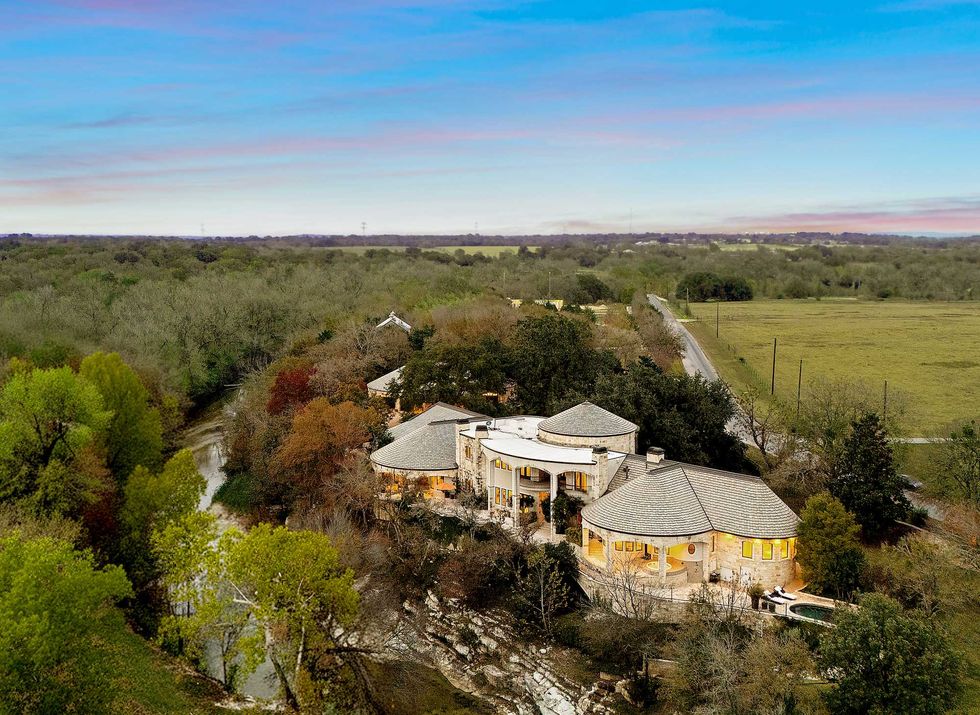Calling All Investors
Where should real estate investors plunk down cash? Dallas-Fort Worth.

Even Austin can’t beat Dallas real estate when it comes to investors, and we know how crazy that market is. But it seems as if real estate has lost its luster in larger “gateway” cities such as NYC, Chicago, and D.C., according to a survey from PricewaterhouseCoopers and the Urban Land Institute. They asked 1,500 real estate industry professionals to tell them where there is moolah to be made, and North Texas towns of Dallas and Fort Worth topped the list.
“It’s a job creation story,” Mitchell Roschelle, the PwC real estate advisory leader who spearheaded the report, said, citing Dallas, Austin, and Nashville as examples. “Jobs chase the people. As employment rises, more people come, more jobs come, so it’s really a good cycle.”
Employment growth, particularly from smaller companies, is what’s making secondary and tertiary cities more appealing than higher-cost, larger markets, he explained. But finding cities like Austin (No. 2) and Denver (No.6) on the list is hardly shocking.
Still, there were some surprises. Houston, last year’s top market, came in at No. 30 this year while Nashville, which doesn’t have a reputation as a top tier location for real estate investments, cracked the top 10.
Washington, D.C., Boston, and Chicago failed to make the survey’s top 10 while San Francisco and Los Angeles came in at No. 8 and No. 10, respectively.
"'Gateway' markets that were viewed really largely as defensive plays by investors have sort of fallen by the wayside, and opportunities to enhance yield in more offensive plays really got in the spotlight,” said Roschelle. “That’s why you see this rotation toward secondary and tertiary markets — to try to free up some of that sideline capital.”
That’s good news for investors who are still sitting on inventory as North Texas heads into the slower months of our annual sales cycle. Also interesting is the trend toward millennial renters who are eschewing the homebuying process. That’s fueling the trend toward commercial real estate investment in apartments, a market that is booming in urban Dallas.
---
A version of this story originally was published on Candy's Dirt.

 Everyone who enters from the front door will be looking up.Photo courtesy of JPM Real Estate Photography
Everyone who enters from the front door will be looking up.Photo courtesy of JPM Real Estate Photography Natural elements break up all the white.Photo courtesy of JPM Real Estate Photography
Natural elements break up all the white.Photo courtesy of JPM Real Estate Photography










